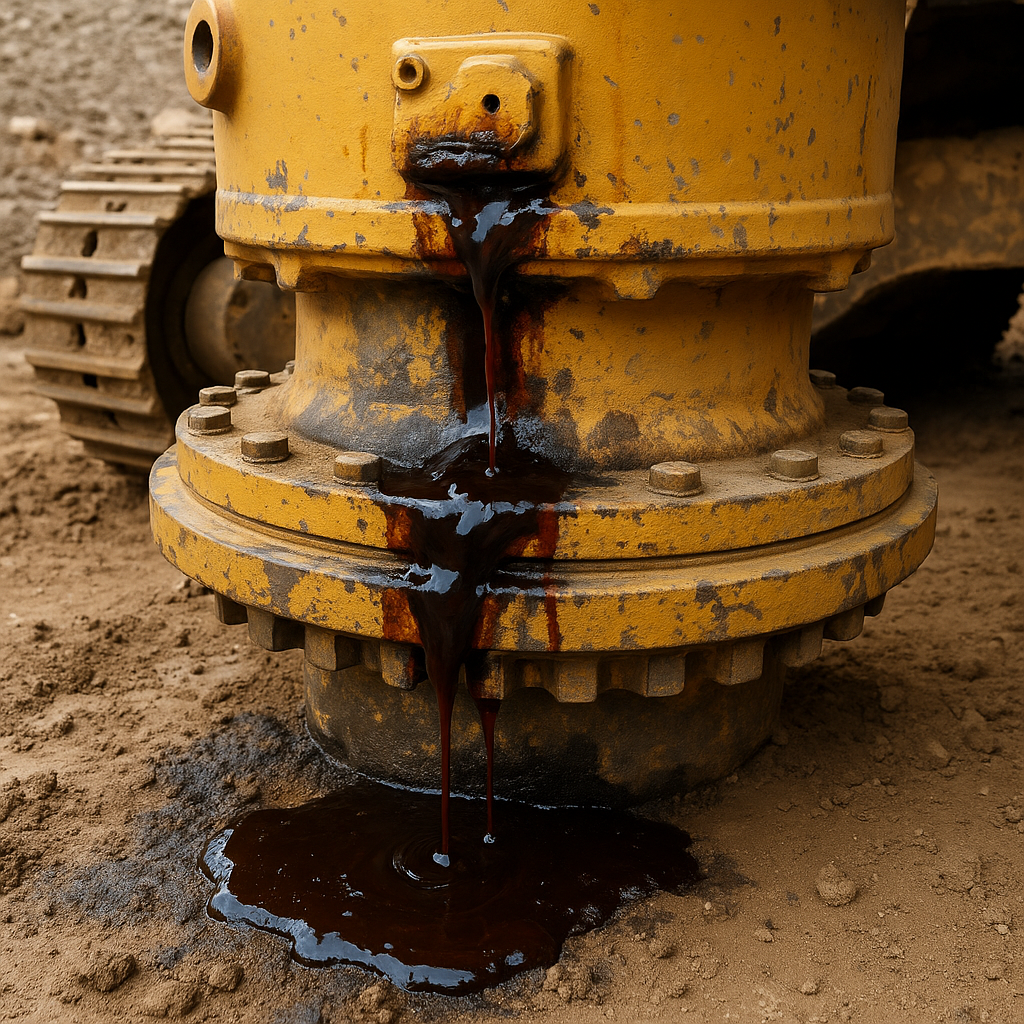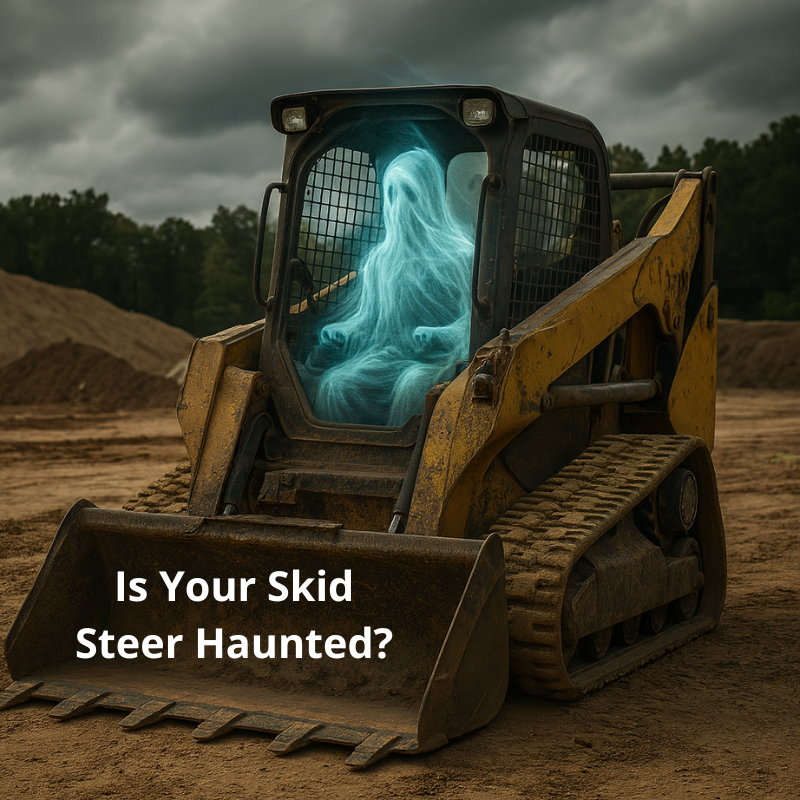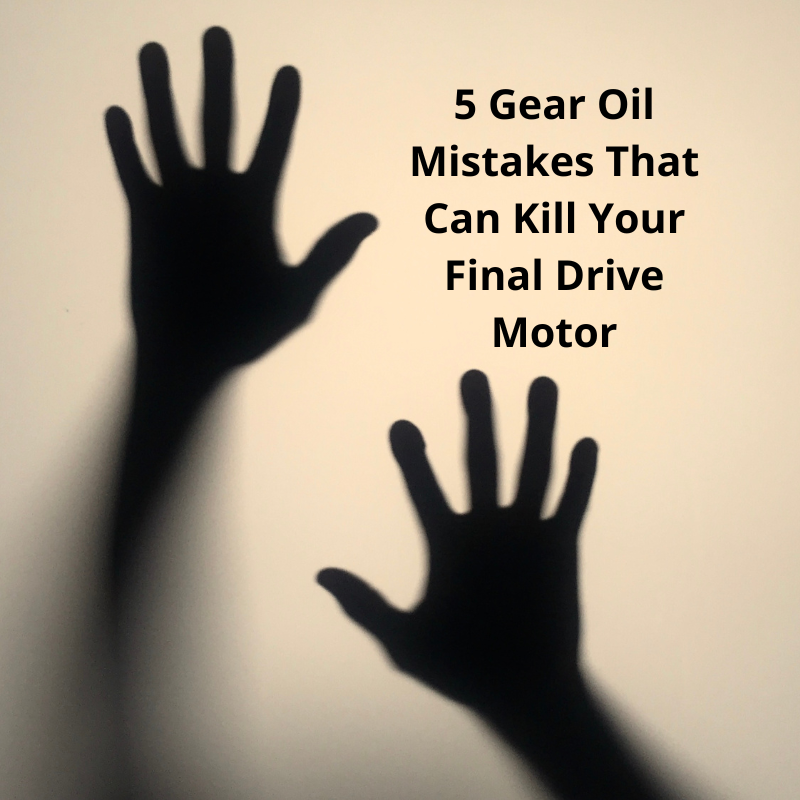Overheating is one of the earliest warning signs that something inside your final drive is going wrong. Before you hear grinding or experience a total failure, a steady rise in temperature often signals problems that you can catch early if you know what to look for.
In this Shop Talk Blog post, we’ll talk about what is considered too hot, then discuss the five key reasons why final drives overheat. We’ll wrap up with a quick review of what kind of damage overheating can cause and simple checks to address it.
Here are a few other Shop Talk Blog posts you might be interested in:

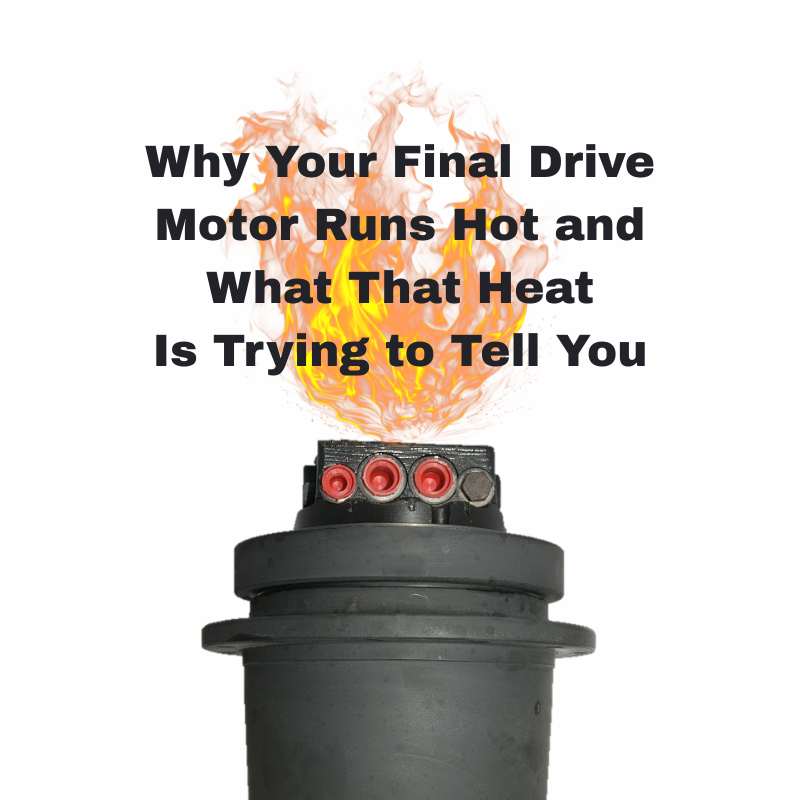
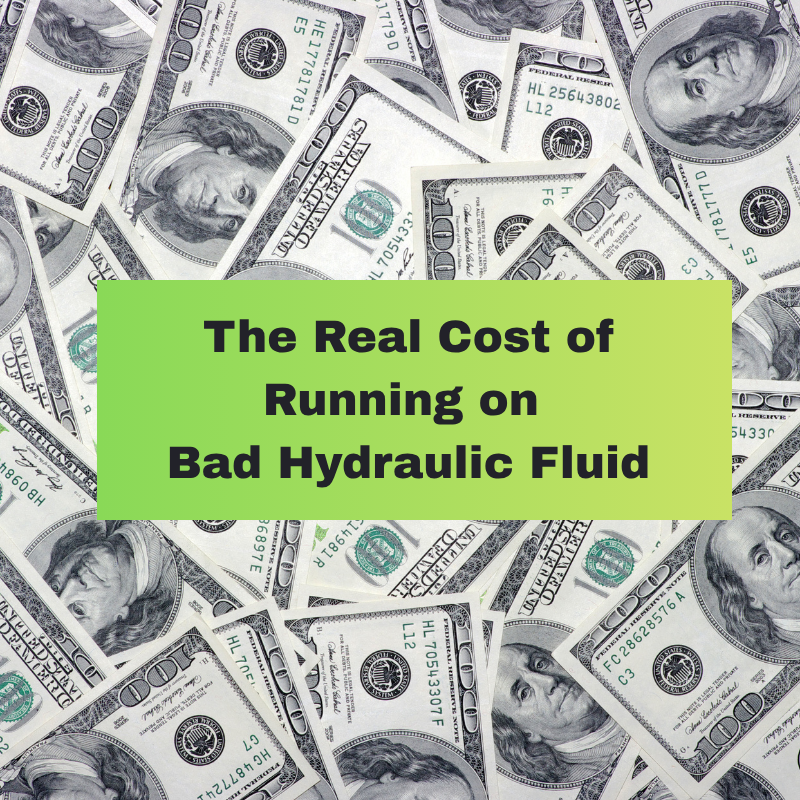

.png)
%20(1).png)
